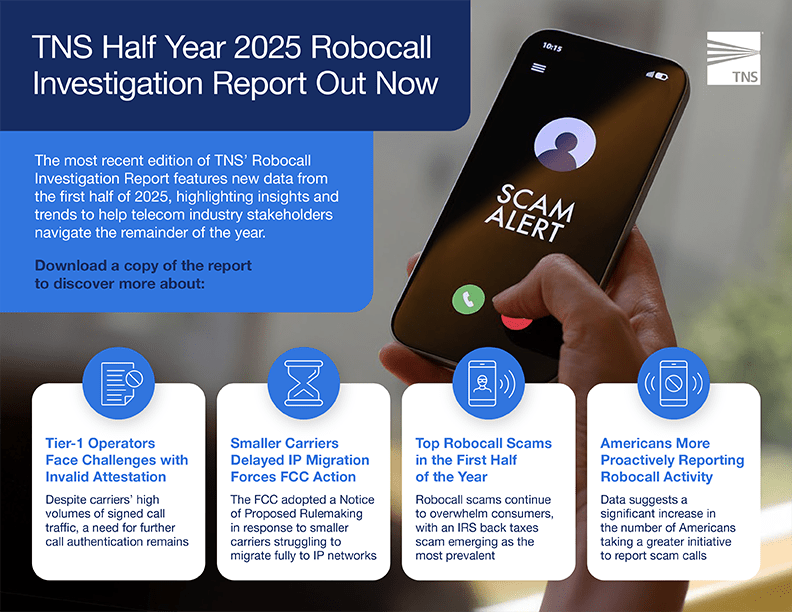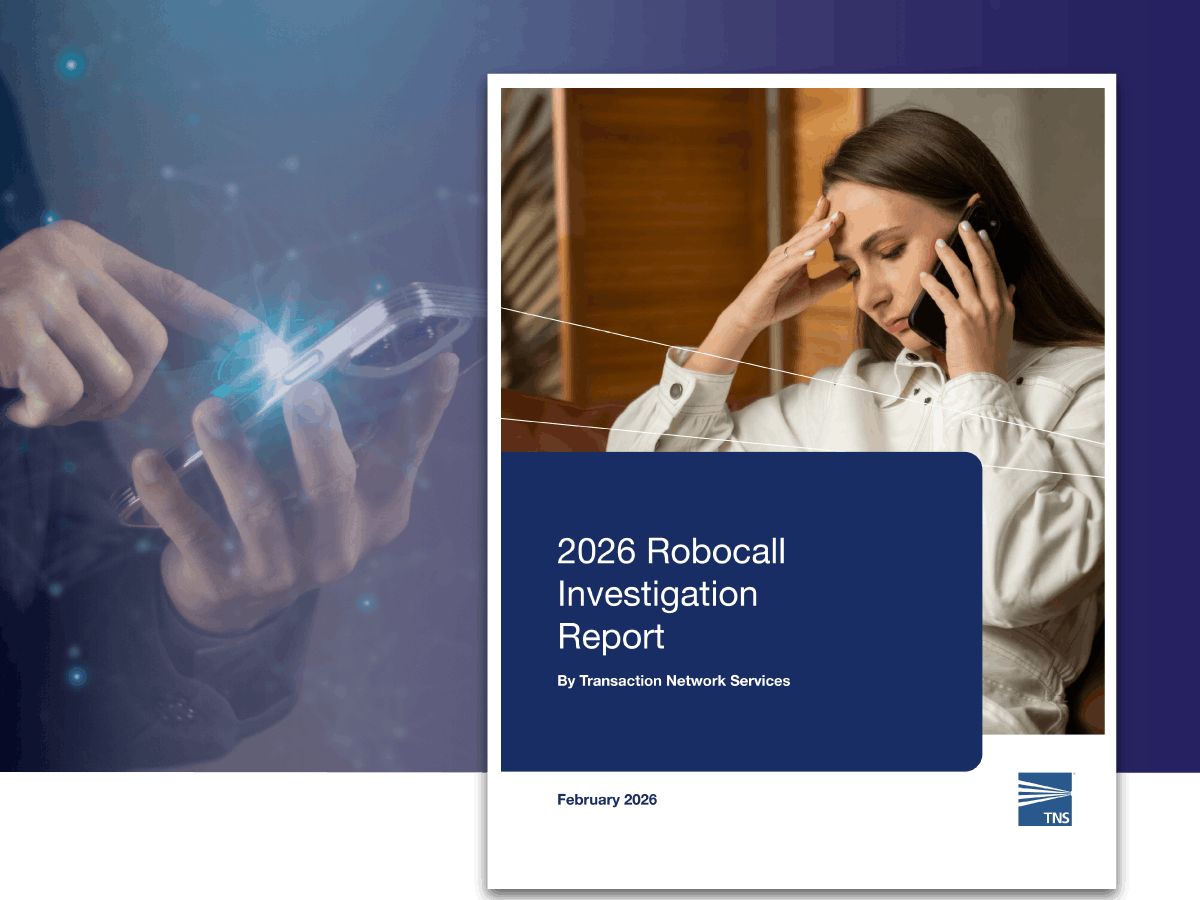SIM box fraud is emerging as one of the most challenging scams facing the telecommunications industry. We know that bad actors are constantly trying to find new sophisticated scams to bypass the legislation and solutions in place to prevent them, with SIM box fraud becoming one of the most prevalent scams we are seeing right now. To prevent these scams, we must first understand them.
What is a SIM box?
A SIM box is a device that houses multiple SIM cards, both physical and virtual, and is used as part of a VoIP gateway installation. Despite the SIM cards within the SIM box being linked to the gateway, they are housed and stored separately from it. SIM boxes themselves are legal, however, the ways in which scammers use them for SIM box fraud are not.
There are a variety of names for a SIM box, such as a SIM farm, which are used, but all refer to the same thing. There is a global attempt to crack down on SIM box fraud around the world, such as the UK making moves to become the first European country to ban the possession and supply of SIM farms and the FCC in the US addressing the caller ID authentication gap within non-Internet Protocol networks.
With the Global Anti-Scam Alliance estimating that $1.03 trillion has been lost to scams globally in 2024, the need to enforce legislation around SIM boxing is becoming more prominent.
What is SIM box fraud?
SIM box fraud involves the use of SIM box devices to originate fraudulent traffic within a carrier’s trusted network. This tactic is often referred to as SIM boxing and it allows scammers to make calls originate within the service provider network, which can bypass STIR/SHAKEN checks.
STIR/SHAKEN is the call authentication framework intended to combat call spoofing. In bypassing this framework, SIM boxing allows scammers to spoof telephone numbers of reputable enterprises with those numbers showing on the caller ID screen, rather than it being flagged as unknown, spam, scam or robocall.
Types of SIM box fraud
Not only are scammers making spoof phone calls by passing STIR/SHAKEN protocols, in an attempt to elicit personal information from unsuspecting victims via SIM boxing, but there are many different ways in which scammers are utilizing SIM boxing in their fraudulent activities:
- Bypassing International Charges – a scammer in another country can connect their SIM box to the internet and spoof their numbers to appear as domestic US numbers. This method of SIM box fraud means that the scammers can avoid international charges, which then come as a loss to the carriers.
- Mass Messaging – as SIM boxes hold several physical and virtual SIMs at one time, SIM boxing enables scammers to send vast amounts of spam or phishing messages at a time. These robotexts will often impersonate legitimate enterprises or agencies and include links that can enable them to gain access to your personal information if clicked.
- Forged SIM Cards – The SIM cards that scammers are using to set up their SIM box fraud schemes may be cloned, stolen or obtained through illegal means. This puts legitimate account holders at risk due to the activity from these counterfeit SIM cards being linked to them and complicates detecting the scammers.
What are the risks of SIM box fraud?
Risks pertaining to SIM boxing are widespread, as with any type of fraud. While we often think first of the victims and their financial losses, the ramifications of SIM boxing can spread much further:
- Financial Loss for Carriers – As SIM box fraud causes international calls to pose as domestic calls, and therefore avoid the surcharges related to this, carriers can lose out on significant revenue from those calls and texts.
- Reputational Damage – Calls and texts made as part of a SIM boxing scam will spoof the numbers of legitimate enterprises. The reputational damage associated with being involved in a scam can be severely detrimental to the enterprise and potentially the carrier too, eroding trust in both the enterprises and the voice channel.
- Security Risks – In bypassing the STIR/SHAKEN protocols that have been put in place to combat spoof calling, SIM box fraud that uses forged or stolen SIM cards can create further security vulnerabilities, as well as create further fraud or identity theft opportunities for fellow scammers.
How do I protect my enterprise from SIM box fraud?
It can seem daunting reading about scams tactics that are able to bypass the very protocols that have been made to stop them, but not all hope is lost. Solutions such as TNS Call Guardian® have been developed to help address issues such as SIM boxing.
To find out more about SIM boxing and TNS Call Guardian®, visit TNS Robocall Investigation Report.

John Haraburda is Product Lead for TNS Call Guardian® with specific responsibilities for TNS’ Communications Market solutions.
Call Guardian is a registered trademark of Transaction Network Services, Inc.
TNS Robocall Investigation Report
To find out more about SIM boxing and TNS Call Guardian®, visit TNS Robocall Investigation Report.





